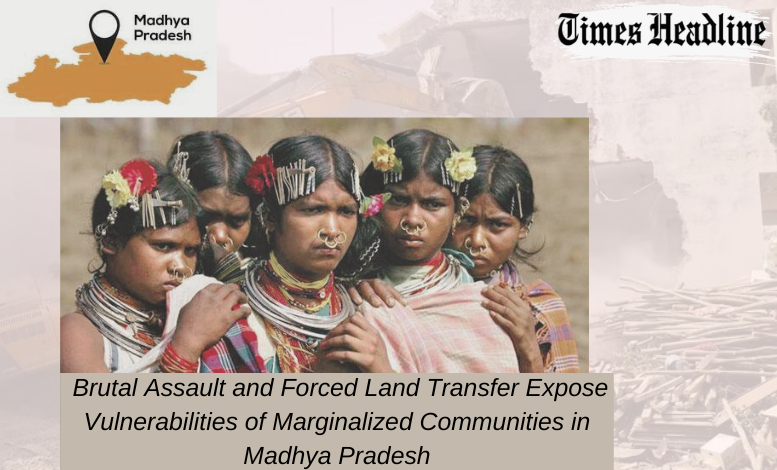In a shocking incident that sheds light on the challenges faced by marginalized communities in India, the Madhya Pradesh police have arrested a man, Vijay Suryavanshi, and are on the lookout for six others, for allegedly assaulting a tribal employee on suspicion of theft. The victim, whose identity remains undisclosed, was mercilessly beaten with iron pipes and tortured with a plier on December 29, 2023, in Barghat town.
The main accused, Vijay Suryavanshi, is reported to be one of the owners of the shop where the victim was employed. Superintendent of Police, Rakesh Kumar Singh, confirmed that an FIR has been registered against the perpetrators, emphasizing the severity of the incident. Disturbingly, the brutality did not end with the physical assault. The victim’s family was allegedly coerced into transferring land to another man’s name.
The incident not only underscores the vulnerability of marginalized communities but also raises questions about the rampant exploitation and abuse they endure. They often find themselves at the mercy of powerful individuals or groups. Economic disparities, social discrimination, and a lack of effective legal recourse contribute to an environment where such atrocities can occur with impunity. The violence upon identities that are marginalized is being normalized and their voices sidelined while at the same time the atrocities committed are ever increasing. Eariler in the month of February a similar case occurred in Madhya Pradesh’s Betul. A tribal man was beaten up and made to pose as a “murga” . The victim was subjected to physical violence and casteist slurs. At the same time such cases are swept under the drug, seeking little to no media or public attention.
The normalization of violence against marginalized identities underscores the urgent need for systemic change, effective legal recourse, and heightened public awareness. It is imperative that these incidents are not swept under the rug, but instead, serve as catalysts for meaningful conversations and actions to address the root causes of such atrocities and ensure justice for the victims. The struggle against caste-based discrimination requires collective efforts to dismantle oppressive structures and foster an inclusive society that values and protects the rights and dignity of every individual, regardless of their background.

